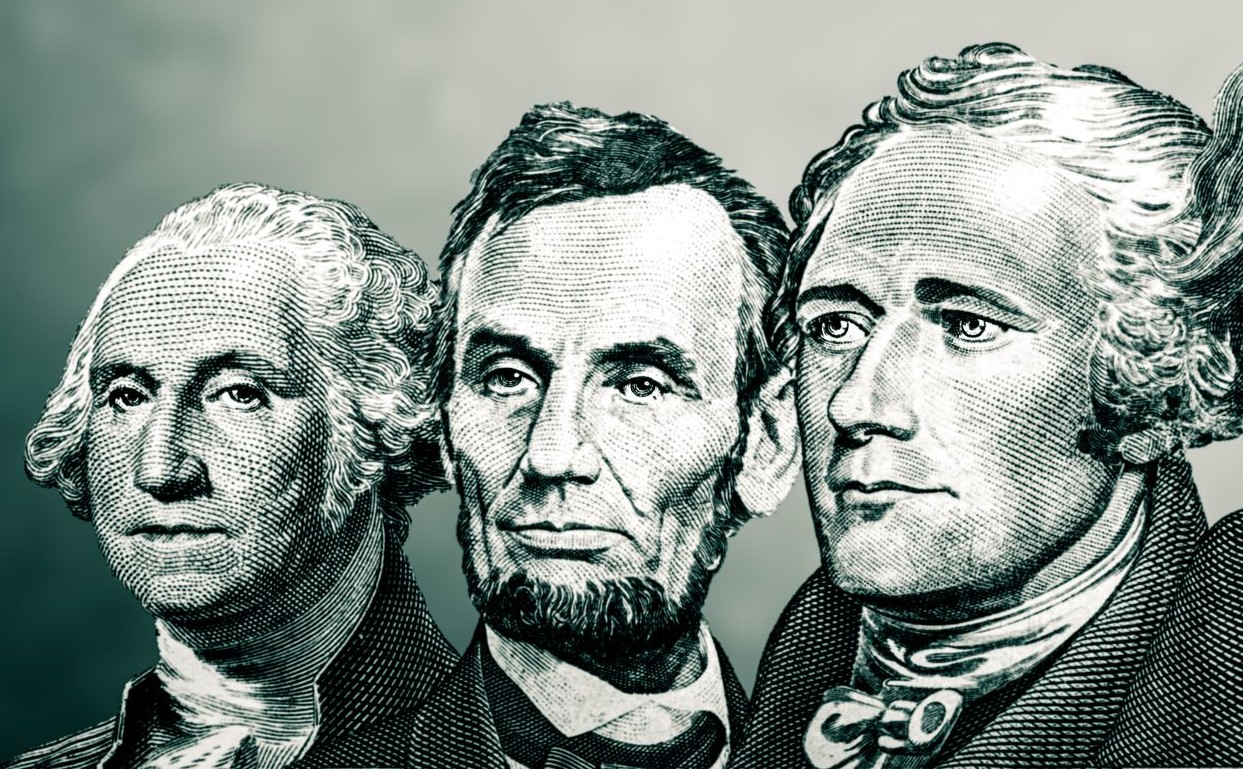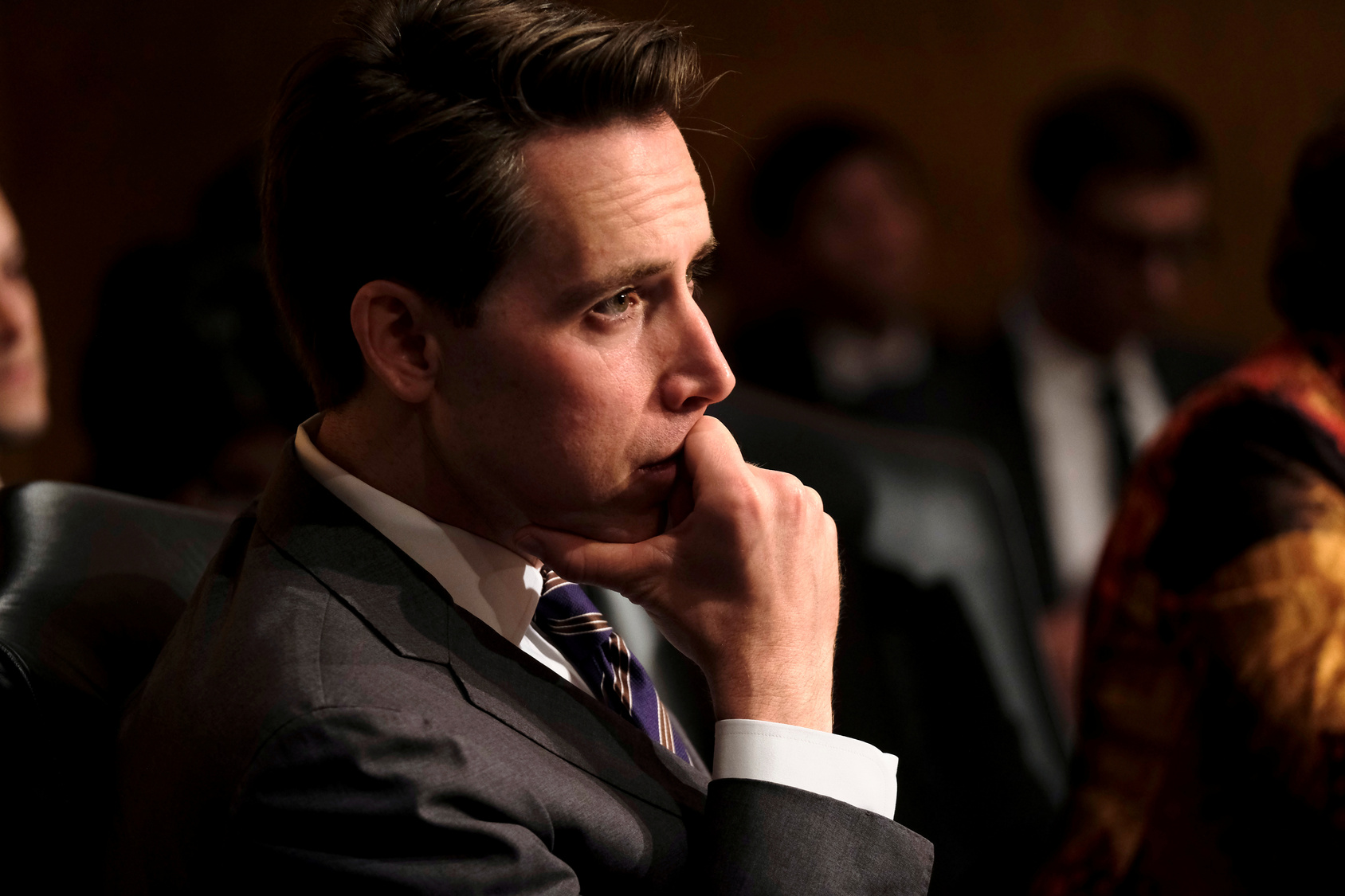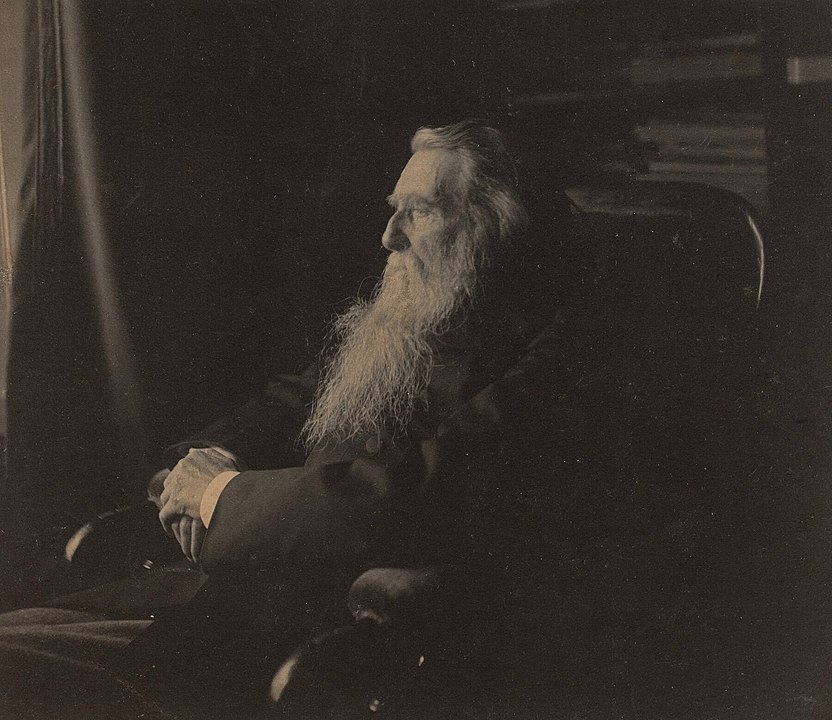A Conservative Jurisprudence Worthy of a Conservative Economics
The New Right, in contradistinction to the liberalized Hayekian governing mentality that American Compass’s Oren Cass has called “Let the Market Rip,” is unafraid to wield the levers of political power in the service of good political order.
















